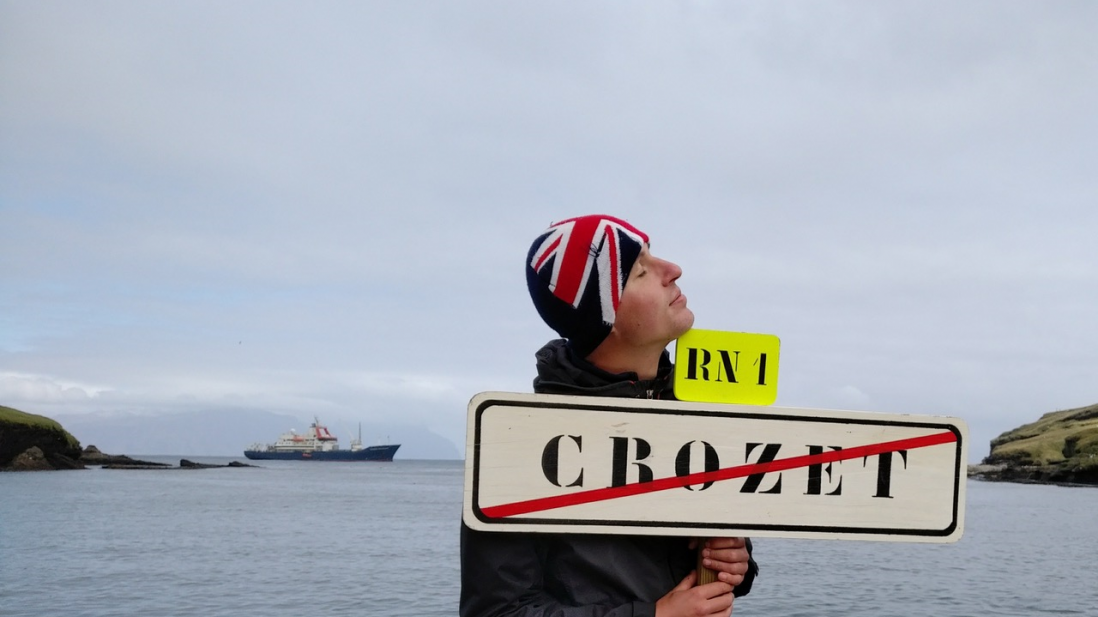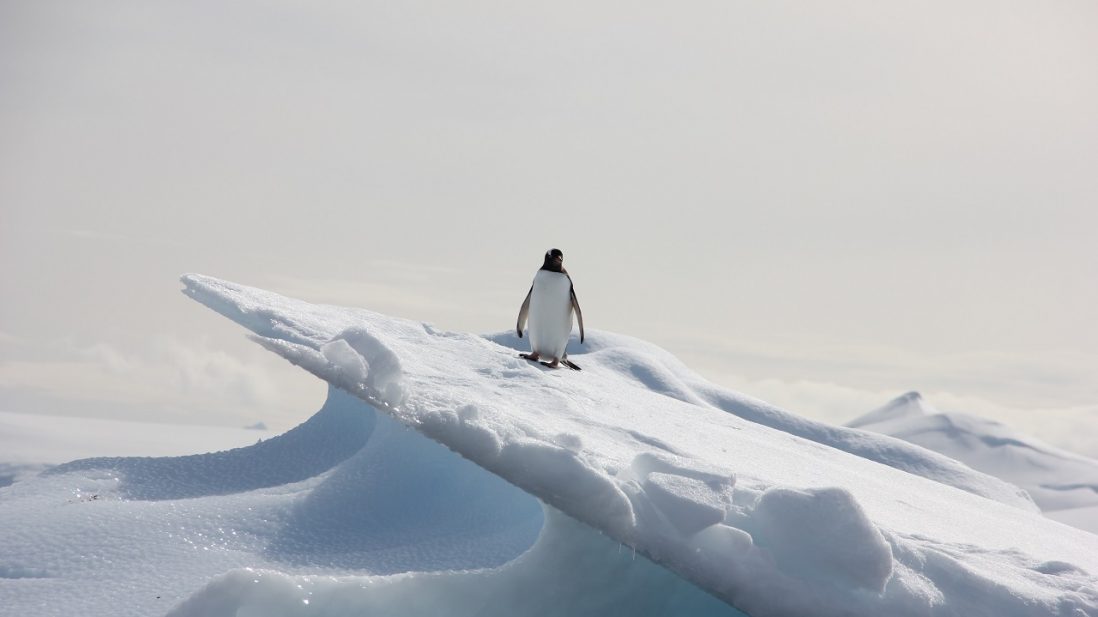HotPenguin: cool in the water, too hot on land? Risks and consequences of heat stress in penguins facing climate change
The earth’s environment is changing at an unprecedented rate and climate change is particularly pronounced in polar ecosystems. Animals from polar regions have evolved highly specialized adaptations to cope with cold climates, which put them at high risk regarding the current rapid climate change. This is especially true for penguins who live most of the year in cold water but breed on land in the spring/summer. Penguins are thereby likely to be threatened by periods of unusually warm temperatures on land.
While heat stress and its negative consequences on animal health and survival are well characterized in species inhabiting warm regions, no study has investigated whether heat stress could occur in polar regions, and to what extent it could affect individual health and reproduction. To fill this knowledge gap, my current project combines the analysis of data and (blood) samples collected over the past 10 years as part of long-term population monitoring supported by the French Polar Institute.
I am investigating how body temperature, dehydration state and the gene expression of heat shock proteins vary according to environmental conditions. I am also characterizing the consequences on reproduction and survival of being exposed to unusually warm temperatures using individual monitoring and behavioral observations.
My research should hopefully help to better predict how penguin populations will respond to future climate change, and raise awareness of scientists, stakeholders, and the general public towards an under-appreciated risk of climate change in polar regions.
The event will be live streamed on Facebook, and can be watched replay on our Youtube channel.
Biographie

I conducted my PhD thesis from 2010 to 2013 at the University of Strasbourg in the Department of Ecology, Physiology and Ethology. My PhD focused on the relationships between environmental conditions (altitude, temperature, phenology), cellular ageing mechanisms (oxidative stress, telomere shortening) and individual performances (growth rate, reproductive success), using both avian and mammalian models in the lab (transgenic mouse, zebra finch) and in the wild (great tit, coal tit and king penguin). Following the defense of my PhD, I had the opportunity to go to the sub-Antarctic Archipelago of Crozet (French Southern Territories) to contribute to a long-term scientific program studying the ecophysiology of king penguins (#119 ECONERGY: https://ipev119.wixsite.com/econergie119?lang=en).
Back to France mainland after an amazing penguin experience, I worked in at the University of Angers as a research and teaching assistant for one year (2014-15) before moving to Scotland and integrating the University of Glasgow thanks to a European Fellowship ‘Marie Curie’. In Glasgow, my research focused towards understanding the impact of prenatal environmental conditions on cellular metabolism and ageing using captive Japanese quails. In 2018, I moved to Finland at the University of Turku to continue my research on the influence of pre- and postnatal environmental conditions on cellular metabolism and ageing, but this time on wild avian models (great tit, pied flycatcher and king penguin). In 2021, I obtained my Docent from the University of Turku (i.e. Adjunct Professor title) for my work in ecophysiology (https://antoinestier.wixsite.com/ageingecophysiology). Despite moving between countries and universities, I have been implicated continuously since 2013 in the French Polar Program #119 ECONERGY and continued to study the ecophysiology of wild king penguins.
